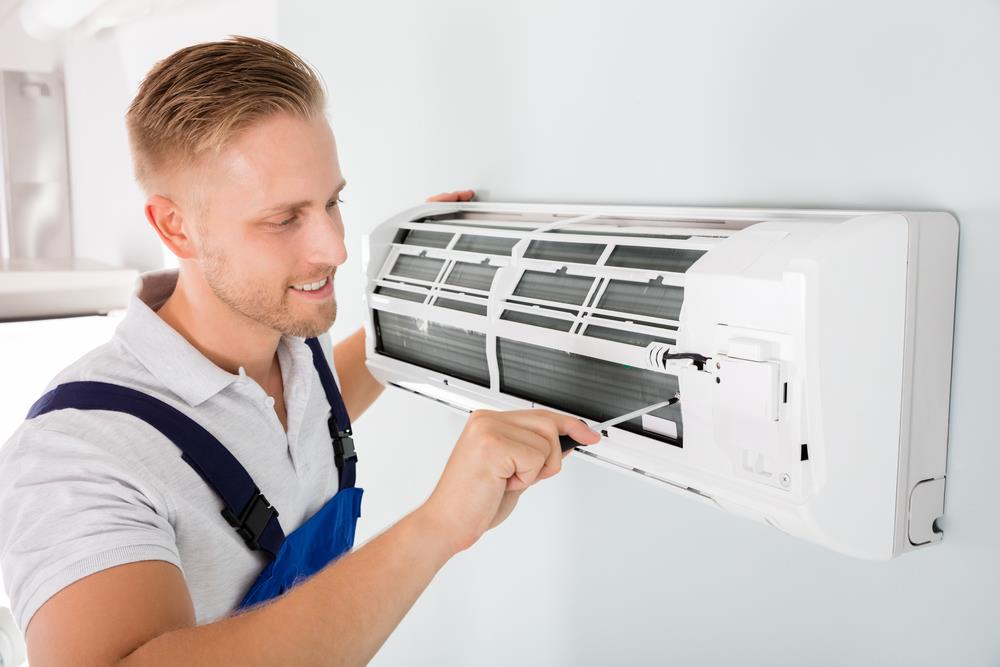
Maintaining your air conditioning (AC) system is essential, especially in Florida, where high temperatures and humidity levels can strain your unit. Regular maintenance not only extends the lifespan of your AC but also ensures it runs efficiently, saving you money on energy bills. Here are some practical DIY tips to keep your AC system running smoothly.
Replace or Clean Air Filters
One of the most straightforward tasks is replacing or cleaning your AC’s air filters. Dirty filters restrict airflow, making your system work harder and less efficiently. In Florida, where AC units often run continuously, it’s advisable to check the filters monthly and replace them every 1-3 months, depending on usage and filter type.
Clean the Condenser Coils
The condenser coils, located in the outdoor unit, can accumulate dirt and debris, reducing your AC’s efficiency. Turn off the power to the unit and use a garden hose to gently rinse the coils. Avoid using high pressure, as it can damage the fins. Regular cleaning helps the unit dissipate heat more effectively, ensuring optimal performance.
Inspect and Clear the Drain Line
Your AC’s drain line can become clogged with algae and mold, leading to water damage or system shutdowns. To prevent this, regularly inspect the drain line and clear any blockages. Pour a mixture of water and bleach down the drain line to help prevent future clogs.
Check and Adjust the Thermostat Settings
Ensure your thermostat is set to an appropriate temperature, typically around 78°F when you’re home and higher when you’re away. This setting can prevent your AC from overworking. Consider upgrading to a programmable thermostat to optimize energy usage based on your schedule.
Keep the Area Around the Outdoor Unit Clear
The area around your outdoor unit should be free from debris, plants, or other obstructions. Ensure at least two feet of clearance on all sides to allow proper airflow. Trim back any overgrown plants or shrubs to prevent them from blocking the unit.
Inspect and Clean the Evaporator Coil
The evaporator coil inside your AC unit can collect dust and dirt, hindering its ability to absorb heat. Carefully remove any debris with a soft brush or use a no-rinse coil cleaner. Cleaning the coil helps maintain the efficiency of your AC, especially in Florida’s hot and humid climate.
Monitor and Maintain the Refrigerant Levels
While checking refrigerant levels is typically a job for professionals, you can monitor for signs of low refrigerant, such as insufficient cooling or ice on the evaporator coil. If you suspect a refrigerant issue, contact a certified technician to inspect and recharge the system as needed.
Schedule Regular Professional Inspections
While DIY maintenance is essential, it’s also important to schedule professional inspections at least once a year. A technician can identify and fix potential issues before they become costly repairs, ensuring your system operates efficiently throughout the year.
Conclusion
By following these DIY maintenance tips, you can keep your AC system in top shape, ensuring it runs smoothly and efficiently during Florida’s hot summer months. Regular upkeep not only improves performance but also extends the life of your unit, saving you time and money in the long run.